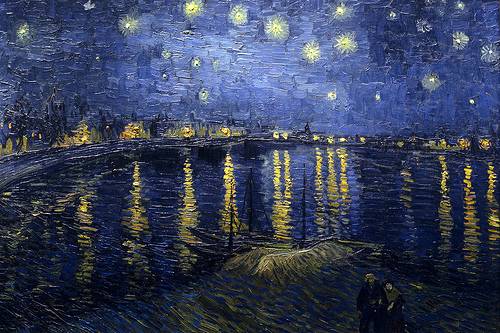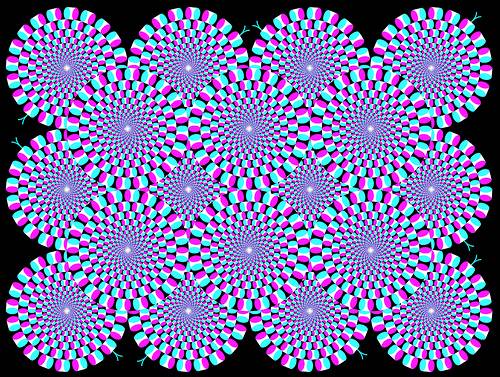The market square in the Wiltshire town of Devizes contains the following inscription:
On Thursday, 25th January, 1753,
RUTH PEARCE
of Potterne, in this County,
Agreed with Three other Women to buy a Sack of Wheat
in the Market, each paying her due proportion
towards the same.
One of these Women, in collecting the several quotas of
Money, discovered a deficiency, and demanded of
RUTH PEARCE the sum which was wanting
to make good the Amount.
RUTH PEARCE protested that she had paid her Share,
and said she wished she might drop dead if she
had not. — She rashly repeated this awful wish; —
when, to the consternation and terror of the surrounding
multitude, she instantly fell down and expired,
having the money concealed in her hand.



